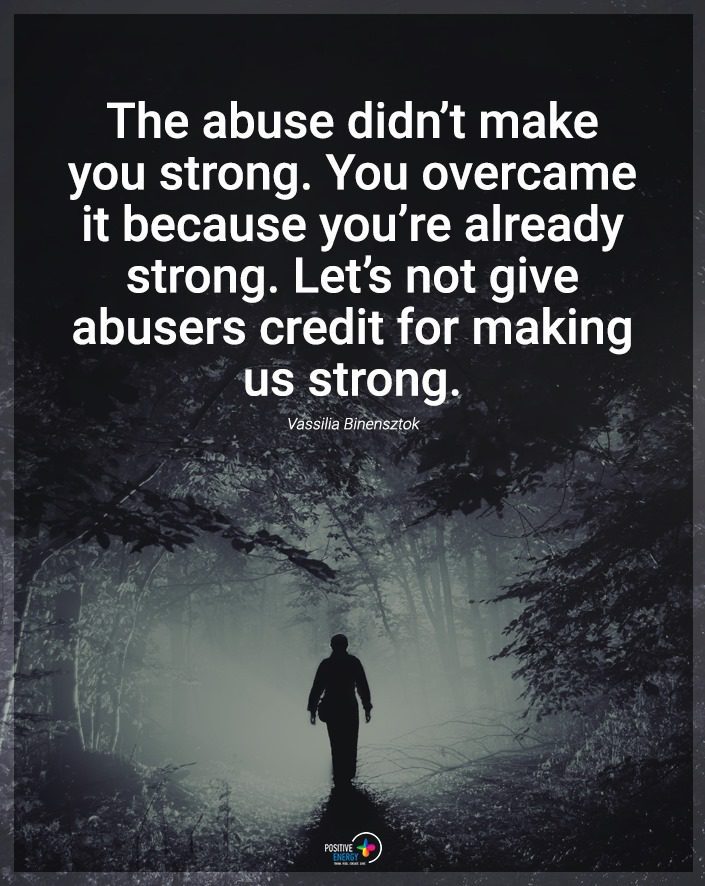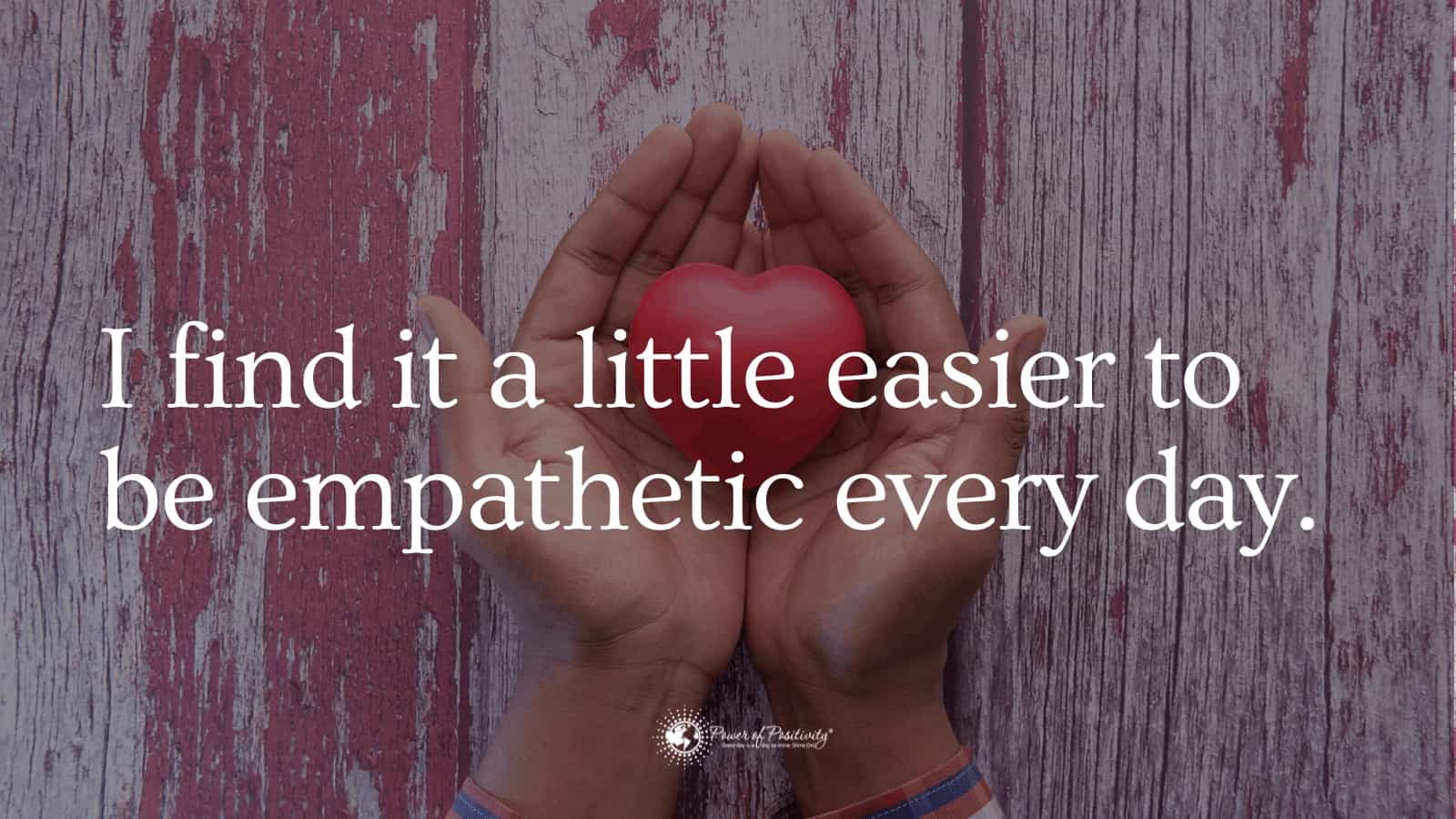Stress is not a physical thing you can go out and pick up or buy. Neither can you put it down or throw it away. Stress exists solely in your own mind as a response to things, people or actions in your environment. Stress happens when you react to a perceived threat, whether real or imagined, to your person or to resources you need to survive. You generate stress as a response to your environment, which means that it is completely within your means to reduce your stress. You have complete control over yourself and how your respond to things.
Here are five things that you can do to finally end your relationship with stress:
1. Learn To Say No
Time is a precious resource. You only have so much of it in a day, or a lifetime. Just because someone asks you to do something for them doesn’t mean you have to say yes. Saying no doesn’t mean you don’t like them or that they are not important to you. You are not saying no to them. You are saying yes to something else higher up your priority list. Saying no can be incredibly liberating and if people truly love you then they will understand when you respectfully decline. Work can be difficult to say no to because you depend on them for your paycheck. If they value you as a person and as an employee, they will understand if you have obligations outside of work that are important to you.
Saying no can be incredibly liberating and if people truly love you then they will understand when you respectfully decline. Work can be difficult to say no to because you depend on them for your paycheck. If they value you as a person and as an employee, they will understand if you have obligations outside of work that are important to you.
2. Face Your Fear
“Fear is the mind-killer, fear is the little death that brings total obliteration.” Frank Herbert knew what he was talking about when he wrote those lines. A little fear is a good thing and prevents us from doing really stupid stuff that could get us or others hurt, but fear has been used to manipulate you all your life through various forms of media. You fear not having enough money. You fear losing your job to someone else. Perhaps you fear criminals and terrorists on the other side of the globe.
Fear is the reason stress exists in the first place. Stress gets the mind and body ready to either face their fear or run from it. If you run, you will always be afraid. But if you face your fear and conquer it, then your stress goes away because now you know it cannot harm you. If you truly want to reduce your stress, then stare your fears down and deal with them before they overwhelm you.
Fear is the reason stress exists in the first place. Stress gets the mind and body ready to either face their fear or run from it. If you run, you will always be afraid. If you face your fear and conquer it, then your stress goes away because now you know it cannot harm you. So if you truly want to reduce your stress, then stare your fears down and deal with them before they overwhelm you.
3. Eliminate Negative Thoughts
Fear causes stress and negative thinking recirculates and reinforces those fears. Those negative thoughts and fears will chase each other around your head until you are overcome with panic. When you identify negative thoughts like, “I am going to fail” or “I am never getting out of this mess” you are one step closer to reducing your stress. Once you identify those thoughts, stop and call them out for what they are; irrational fears and self-doubt. Replace them with positive and courageous thoughts like, “I’ve got this.” or “I am going to get through this.” Be your own cheerleader. There are no unsolvable problems – just complex solutions. Once you look at your problems as just obstacles to be overcome instead of inescapable prisons, then your stress level will come down to a normal level.
Replace them with positive and courageous thoughts like, “I’ve got this.” or “I am going to get through this.” Be your own cheerleader. There are no unsolvable problems – just complex solutions. Once you look at your problems as just obstacles to be overcome instead of inescapable prisons, then your stress level will come down to a normal level.

4. Let’s Get Physical
Sex and exercise are both physical activities that are great at reducing stress hormones and releasing other hormones like dopamine that increase your mood. By getting physical exercise in, you can increase your heart rate and flush those stress hormones out of your body. Everyone has a different form of physical activity that works best for them. Find yours and watch your stress evaporate in a cloud of sweat.
Related article: 9 Signs You’re Overstressed And Don’t Know It
5. Take Care of Mind and Body
The mind and the body are linked. Eating an unhealthy diet can cause physical disability or discomfort. When we are uncomfortable physically, we tend to get irritable mentally. When your body is healthy and well taken care of, then your mind tends to be more optimistic and positive in its outlook. Likewise, when you feel better emotionally, your body will be less tense, your heart rate and blood pressure will lower and your digestive tract will be more at ease. Both your mind and body have to be healthy and relaxed for your stress level to be reduced. If you want to live stress-free, then feed your body healthy food and your mind healthy thoughts.














